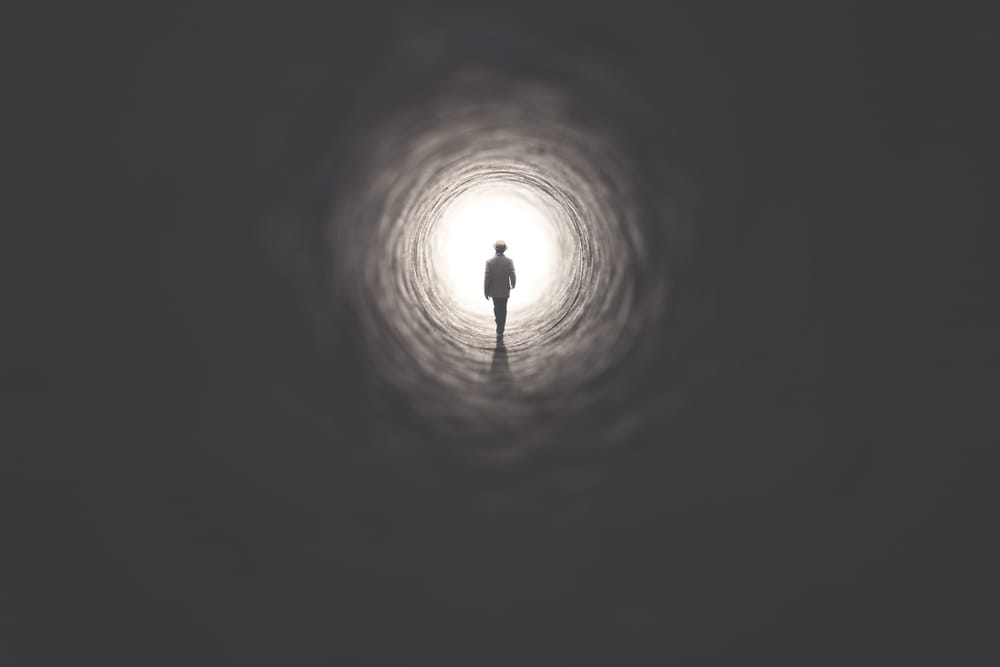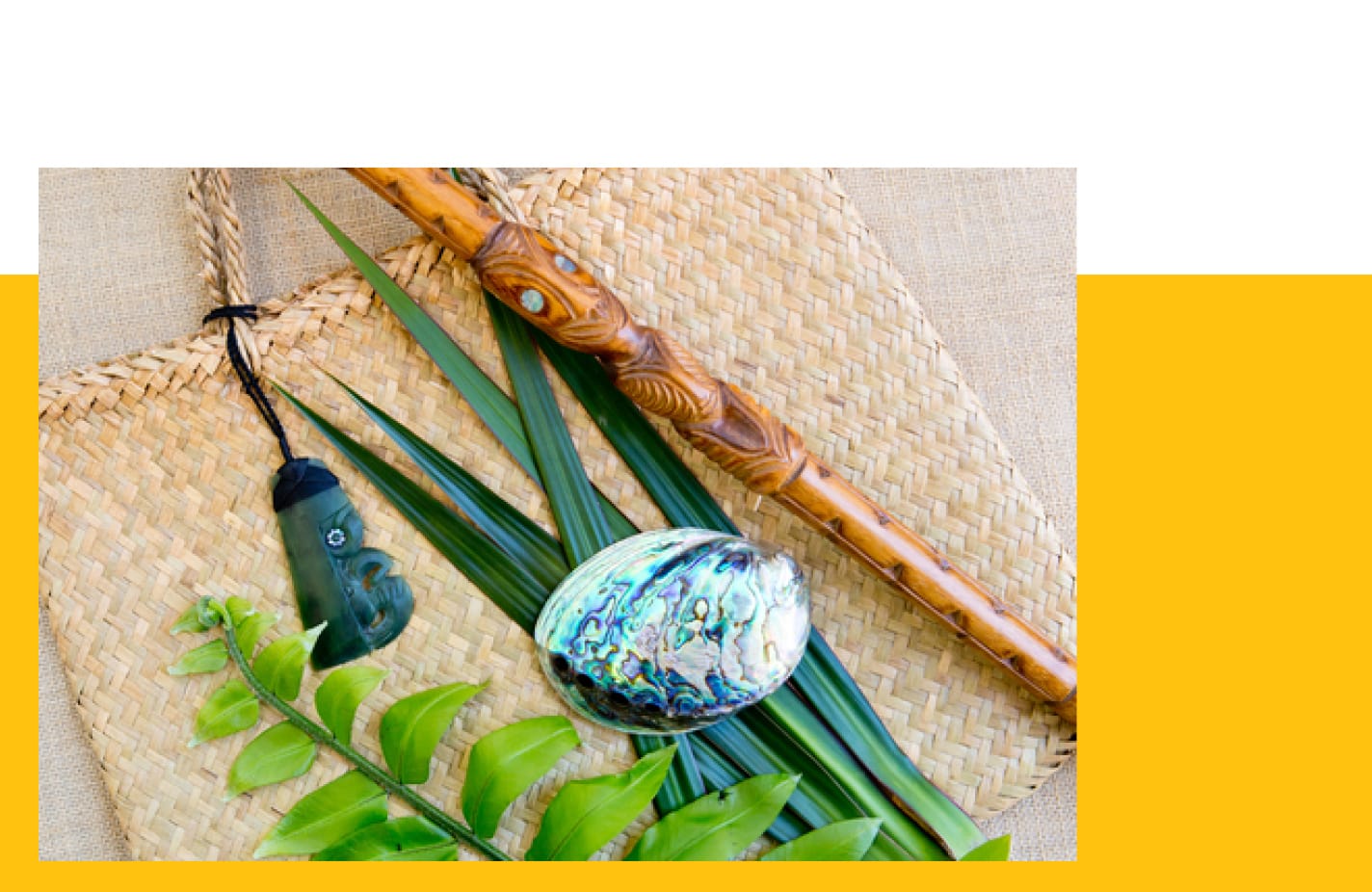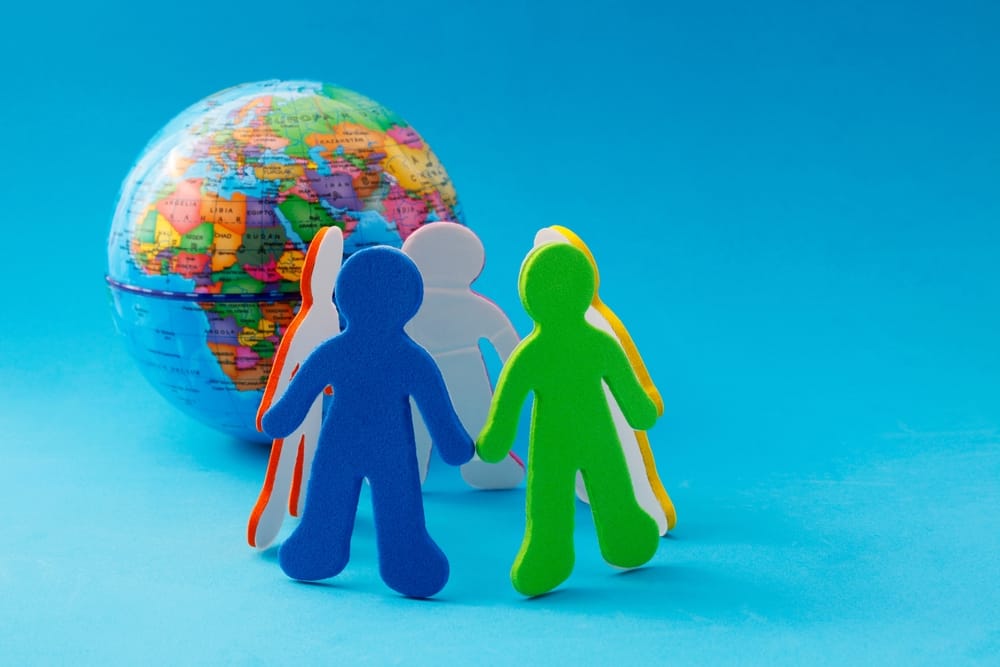
Puāwai: Rangatahi Leading the Mental Health Revolution
By Jase Te Patu – Founder and CEO of Hauora Aotearoa, international speaker and mental health advocate
I stood on stage at Festival for the Future last year, looking out across hundreds of faces filled with potential. What struck me most wasn’t the inspiring keynote speakers or the energy in the room — it was the rangatahi themselves. In their questions, in their whakaaro, I realised something powerful: our young people already hold the solutions to the challenges they face. They don’t need adults to tell them what to do. They need a platform.
That moment planted the seed for Puāwai.
Why Rangatahi Must Lead
Working in schools for more than seven years through Hauora Aotearoa, I’ve seen this reality up close — the stress, the isolation, the battles often hidden behind smiles.
But I’ve also seen something many adults still underestimate: rangatahi know what works for them.
We’ve all watched them change the world before. In 2019, tens of thousands of students across the motu marched, fuelling momentum behind the Zero Carbon Act. Te Ara Whatu made history as the first indigenous youth delegation at the UN Climate Talks. The Make It 16 campaign took their case all the way to the Supreme Court. InsideOUT Kōaro is a national charity advocating for rainbow rangatahi, supporting safer, more inclusive school environments.

The Birth of Puāwai
Puāwai, which means “to bloom,” is Hauora Aotearoa’s answer to that question. Instead of adults designing programmes for rangatahi, we’ve flipped the script. Puāwai is about backing rangatahi to create and deliver their own solutions — nā rangatahi, mā rangatahi. By young people, for young people.
The kaupapa unfolds in four stages:
- Idea Submissions – Earlier this year, more than 50 rangatahi pitched their solutions to strengthen youth mental health, each working with a $500 starting budget.
- Tuākana Mentoring – Ten teams were selected to refine their ideas alongside a tuakana mentor, who guided and nurtured their kaupapa.
- The Puāwai Podcast – In July, each team shared their kaupapa with the world on a brand new podcast, launched on August the 4th. Mostly on TikTok, but also on YouTube, the podcast gives voice to solutions directly from rangatahi.
- The Summit – On 9 October, during Mental Health Awareness Week, the ten teams will take the stage at the Puāwai Rangatahi Mental Health Summit in Whanganui — my hometown.
This isn’t theory. This is lived experience transformed into action.
The Summit – A First for Aotearoa
Picture this: 200 rangatahi from across the motu descending on Whanganui, a city that raised me, bringing with them courage, creativity, and hope. For the first time, a national mental health summit will be run by rangatahi, for rangatahi.
The day will be filled with:
- Inspiring speakers who have walked their own paths of challenge and resilience.
- Breakout sessions where rangatahi can connect, share, and collaborate.
- Hauora stalls offering practical tools and resources.
- Goodie bags packed with takeaways to keep the momentum alive.
- And to keep the energy flowing, kai will be provided throughout the day.
Our MCs — rangatahi leaders Quack Pirihi and Te Atamihi Papa — embody the kaupapa: unapologetically Māori, connected, and passionate about mental health.
This is more than an event. It’s a movement.
Why This Matters
The Puāwai Project is grounded in mātauranga Māori and the belief that hauora is not just about surviving but thriving — living well, learning well, and leading well. At Hauora Aotearoa, we’ve always worked to arm rangatahi with knowledge and tools to navigate emotions and build resilience. But Puāwai is something new.
It’s us as adults stepping back. It’s whiu i te rākau kōrero — passing the talking stick. It’s trusting rangatahi not just to participate, but to lead.
Because when rangatahi are given space to bloom, the solutions that emerge are not just innovative — they’re transformative.
What’s Next
The Summit is the pinnacle, but it’s also just the beginning. Each team will leave Whanganui with their kaupapa launched and their networks strengthened. The podcast will keep amplifying their voices, ensuring their whakaaro travels far beyond a single day.
And the ripple effects will keep moving through kura, whānau, communities, and hopefully, into systems and policy.
As someone who grew up in Whanganui, raised by my grandparents, it’s profoundly moving to see this kaupapa return home. Whanganui will host not just an event but a declaration: our rangatahi are ready. They have solutions, they have voices, and they have the mana to lead.
A Call to Action
Most importantly, listen. Truly listen to what our rangatahi are saying.
When I stood at Festival for Future last year, I realised the answers were already in the room. Now, in October, the answers will be on stage in Whanganui. And they will come not from me, or from any adult “expert,” but from the voices that matter most: the voices of our rangatahi.
Poipoia te kākano kia puāwai. Nurture the seed so it may bloom.
The future of mental health in Aotearoa is already blooming. And it’s blooming through them.


